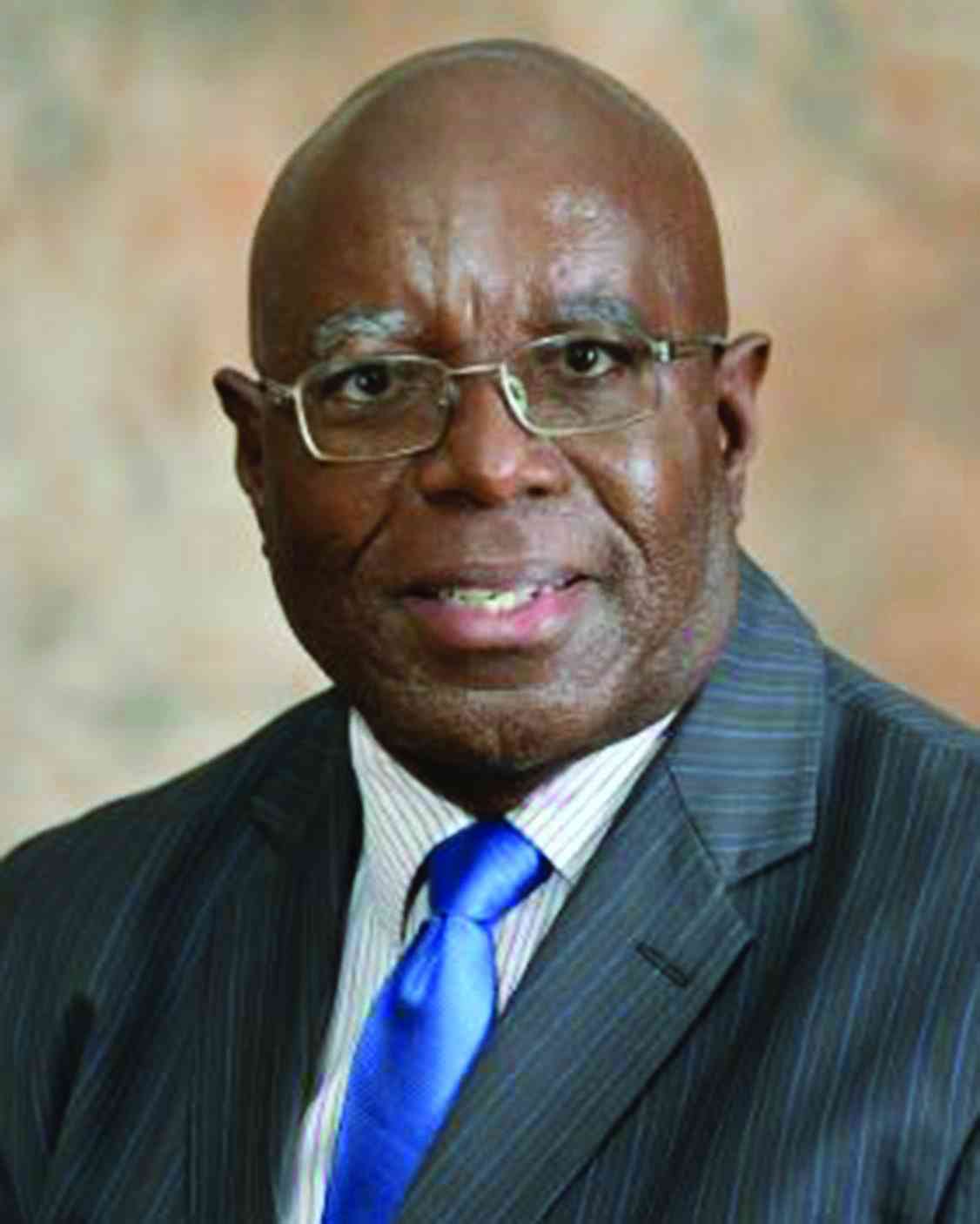
ZIMBABWE’s tax collection agency has tabled plans to extend the controversial Wealth Tax charged on residential properties to commercial real estate, the Zimbabwe Independent can report.
This extension will largely affect property developers, pension funds, and even financial institutions, adding a significant tax burden on these key domestic investors.
The wealth tax triggered national outrage when it was introduced at the end of last year, with many complaining that Zimbabwe was exerting fresh pressure on an already ‘overtaxed’ economy.
As part of the Zimbabwe Revenue Authority (Zimra)’s plan to improve revenue inflows into state coffers, residential properties worth US$250 000 attract a one percent tax.
But Zimra domestic tax commissioner Misheck Govha said the tax agency was looking to extend the Wealth Tax to commercial buildings.
“The wealth tax is here to stay. For now, it is affecting residential houses, but we might broaden it to commercial buildings,” Govha said.
“We are finalising the regulations and I think by next month, we will be bench-marking the implementation of the wealth tax, and we are going to make sure that it comes into play. Those who feel that they need to start paying their 1% now, can pay because it is coming.”
Over the years, Zimra has been increasingly being taken to court over taxes on either the legality, methodology, or applicable tax period.
- Zimra seizes CCC campaign vehicle
- Firearms smuggling suspect weeps in court
- Eyebrows raised over Zimra tender
- Zimra clearing agent in US$437K fraud
Keep Reading
Govha said Zimra had won 80% of the cases.
“In terms of disputes, we are trying as much as possible that our technical units meet the deadlines of 90 days and for those that were going to the courts, we also follow with the judicial management system to make sure they are expediently dealt with. We know that we have a vacuum to deal with those who know the tax system,” Govha said.
“Notable progress was made when one of the Zimra directors was one of the judges. From our side, we make a lot of engagements with clients before they take us to court, and we explain their rights and make it clear they understand as well as agree with the way forward. In terms of winning cases, as Zimra, we are at 80% and we have lost 20% of cases taken to court.”
He said that in terms of those that the taxman does engage, clients normally agreed before reaching the courts.
“We always let the clients approach us on engagements because we do not want to take the rights of the client. It is the client who initiates the engagements,” Govha said.
Tax consultants, WTS Tax Matrix Academy chief executive officer Marvellous Tapera said that tax disputes took too long to be concluded by the courts.
He suggested that Zimra creates alternative means to deal with tax disputes before they reach the point of going to court.
“There are several issues on the Zimra dispute management mechanisms. Dispute mechanisms in the country are generally slow not only for Zimra but even in courts,” Tapera said.
“Cases take a very long time to conclude and the best way to deal with this is to have alternative dispute regulatory mechanisms where they can form committees that deal with the cases, before even reaching the point where we have to go to the courts like they do in other countries.”
He noted that Zimra should work with corporations to make tax compliance laws more favourable, legislation that aligns with the operating environment in the country to reduce disputes.
“The other issue that I think would help in improving dispute mechanisms in the country is the fact that when Zimra comes for audits, they are not heavy-handed and try to understand the business operating environment,” Tapera said.
“However, there is a need to enforce corporate compliance while involving both Zimra and the corporates in making the laws that govern tax compliance.”
The Confederation of Zimbabwe Industries said late last year that the tax would hit hard on investments in properties.
“Residential property has been a store of value in these inflationary times. Also, many in the diaspora have invested in property. Investment in residential property helps to provide much-needed housing in the economy.
“All this investment has created jobs and boosted local industry. A wealth tax is not a good idea for Zimbabwe, a nation that wants to build wealth. Stakeholders will read this tax as a message that says "attempt to create your riches outside Zimbabwe," CZI said in response to the introduction of the tax.






